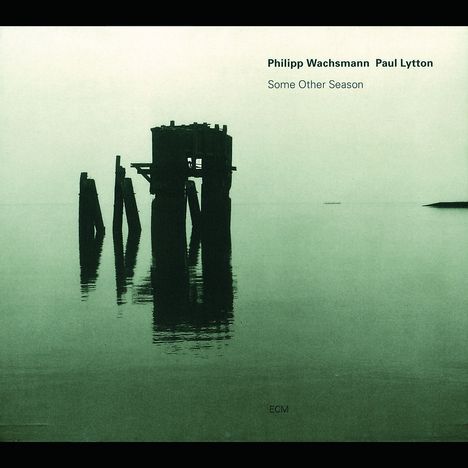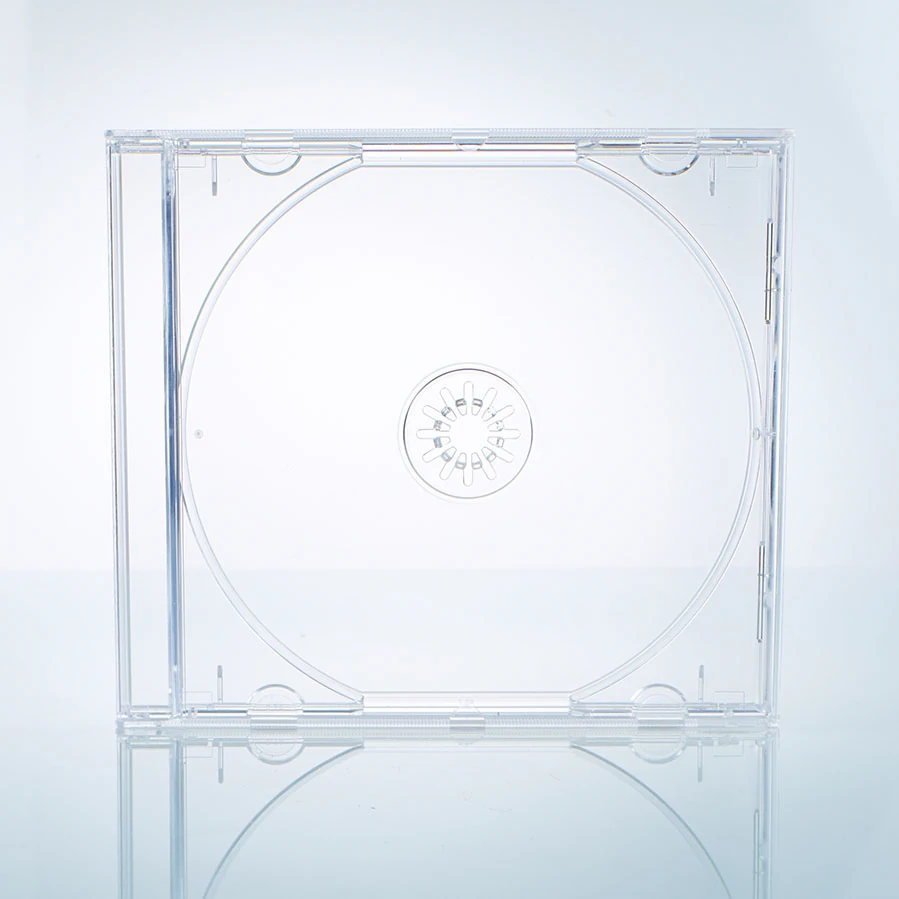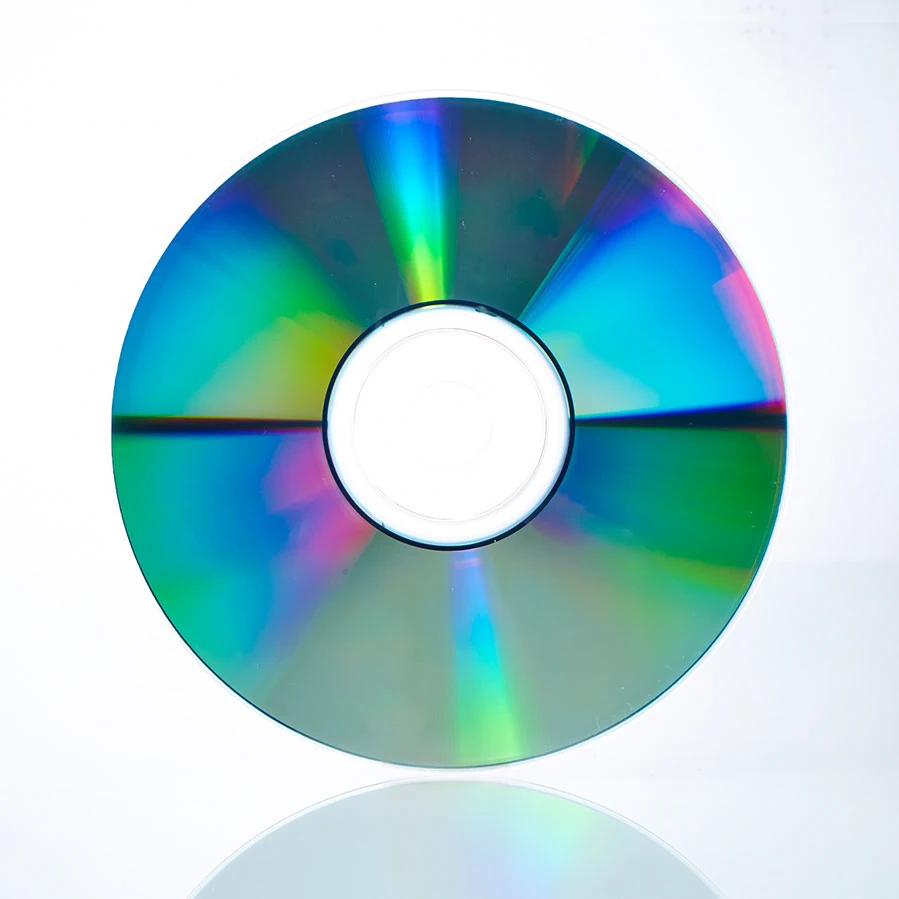Philipp Wachsmann: Some Other Season auf CD
Some Other Season
Herkömmliche CD, die mit allen CD-Playern und Computerlaufwerken, aber auch mit den meisten SACD- oder Multiplayern abspielbar ist.
(soweit verfügbar beim Lieferanten)
- Label:
- ECM
- Aufnahmejahr ca.:
- 1999
- Artikelnummer:
- 8827581
- UPC/EAN:
- 0731455736625
- Erscheinungstermin:
- 4.4.2005
Important players in the history and development of European free music, Philipp Wachsmann and Paul Lytton have adhered faithfully to the ideal of group improvisation over the last three decades. Their exceptional work on another ECM album, Toward The Margins by Evan Parker's Electro-Acoustic Ensemble, underlined the fact that an appropriate showcase for their unorthodox musicality and instrumental resourcefulness was long overdue. Although Wachsmann and Lytton have played together in very many contexts since the early 1970s - at present both are members of the London Jazz Composers Orchestra and Wolfgang Fuchs's King Übü group as well as the Parker ensemble - Some Other Season is their first duo recording.
Philipp Wachsmann was born in Uganda in 1944. His father, Klaus P. Wachsmann, was one of the trailblazers of ethnomusicology and the younger Wachsmann grew up listening to some of the greatest players and singers of African tribal music. He's always maintained that African music has been an abiding influence upon his work but it is clearly one he has internalized, far too subtle a player to contemplate the mere fusing of idioms. He continued his musical education in England and France with teachers Isolode Menges and Nadia Boulanger and in 1965 was awarded a scholarship to study composition at the University of Indiana. While in America he made contact with composer Harry Partch, another significant influence, and also immersed himself in the music of Varèse and Ives. Back in England, Wachsmann was active between 1969 and '72 on the new music circuit, playing works by Stockhausen, Cage and Cornelius Cardew amongst others. The transition from aleatoric music to improvisation was a natural one. Improvisors with whom he has worked include Barry Guy, Derek Bailey, Tony Oxley, Howard Riley, Paul Rutherford, Phil Minton, Paul Lovens, Radu Malfatti, Irene Schweizer, Rudiger Carl, Mario Schiano, Mats Gustafsson and very many others. Amongst the first of the improvisors to integrate electronic treatments as more than special effects in the music, Wachsmann today uses electronic processing to expand, usually discreetly, his instrumental palette, or to create additional voices. As partner Lytton explains: "Through his use of electronics, Phil is able to generate backgrounds - and foregrounds - as well as playing his instrument, so there's the sense that you're hearing a trio rather than a duo, and this gives the music other dimensions."
Drummer / inventor Paul Lytton was born in London in 1947. He built his first drum kit while in his early teens and was very quick to spot the potential that live electronics offered to free improvisation. Since 1969 a rack of warehouse shelving has contained his dangerous-looking electronic paraphernalia, virtually all home-made. Wires through the rack and amplified by pick-ups, can be plucked, bowed or struck, and are further manipulated by a "very prehistoric" ring modulator and oscillator pedal. He also uses - as does Wachsmann - an old VCS3 synthesizer; analog and digital synthesis are combined in the duo's sound, to very arresting effect as the opening track here, "The Re(de)fining of Methods and Means" makes clear.
As a drummer, he was initially inspired by the work of Elvin Jones with the Coltrane quartet, and Jones's polyrhythmic approach remains a relevant reference for Lytton's playing with the Parker-Guy-Lytton Trio, where "virtuosity" and a more conventional understanding of tension-and-release are inherent in the work. The percussion-playing on Some Other Season, however, is of a different order, and reveals a spontaneity that Lytton likens to automatic writing. "When I'm working primarily with sounds and timbres, I switch off the technical aspects of my playing. " The drum kit as such is abandoned. In its place: table-top percussion - a heap of miscelleneous drums, gongs, cymbals, chains, scrap metal, giant cowbells, shell-cases, buckets of water..."The table kit is never the same twice," Lytton says. "The arrangement of instruments is always different. Each time it's purely experimental. I like the idea that the table kit has its own kind of spontaneity. I like to cover that wide space, and keep the flow going." Sounds and textures uncovered are consistently surprising, and Lytton's feeling for dynamics is altogether unique. Wachsmann, who has been playing with the drummer, off and on, for more than 20 years says "Paul's sense of timing continues to amaze me."
The kind of music the duo plays is not easily described. There is a trilogy of improvisations that seems - in its deployment of stop-go, lurching rhythmic displacements - to hint at a distant kinship with Thelonious Monk's music. Wachsmann takes a solo on "The Peacock's Tale" that races through the history of Western string music from the baroque to free jazz via hasidic folk song, swing, and Charles Ives. Elsewhere, the violinist triggers percussive sampled sounds that blend imperceptibly with Lytton's strange accenting. "From The Chalk Cliffs" includes environmental sounds taped on Surrey's South Downs as a background wash for one of Wachsmann's most moving solos. "The Lightning Fields" are five miniature duets each attempting to snare a mood in a single pass. The tone of the music can move swiftly from the overtly lyrical and melodic to abrasive textural improvisations. Even the ways in which the protagonists intreract varies radically from track to track. Wachsmannn and Lytton move on parallel lines, counterpointing sounds and timbres, engage in "conversational" exchanges and, via electronic resources, pitch sounds into ever-changing spatial dimensions.
Disk 1 von 1 (CD)
-
1 The Re(de)fining Of Methods And Means
-
2 Shuffle
-
3 Leonardo's Spoon
-
4 Choisya
-
5 Shell
-
6 The Lightning Fields (Field 1)
-
7 The Lightning Fields (Field 2)
-
8 The Lightning Fields (Field 3)
-
9 The Lightning Fields (Field 4)
-
10 The Lightning Fields (Field 5)
-
11 Nu Shu
-
12 Riser
-
13 The Peacock's Tail
-
14 Whispering Chambers
-
15 A La Table
-
16 The Claw And Spur
-
17 Glide
-
18 From The Chalk Cliffs
-
19 Some Other Season




